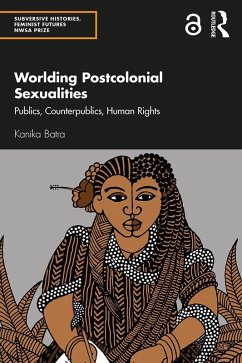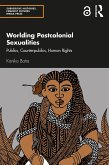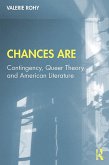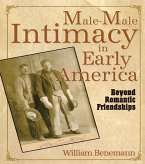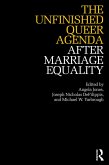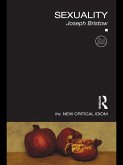Dieser Download kann aus rechtlichen Gründen nur mit Rechnungsadresse in A, B, BG, CY, CZ, D, DK, EW, E, FIN, F, GR, HR, H, IRL, I, LT, L, LR, M, NL, PL, P, R, S, SLO, SK ausgeliefert werden.
Hinweis: Dieser Artikel kann nur an eine deutsche Lieferadresse ausgeliefert werden.
-William J Spurlin, Professor of English and Vice-Dean, Brunel University London, UK
"Kanika Batra's Worlding Postcolonial Sexualities, builds on her book on postcolonial drama published in 2011, taking her research into an under-studied area of English-language magazines published from the late 1970s to the mid- 1990s. This book is remarkable in analyzing feminist and queer activism in connection with each other. Batra asserts astutely that the separation of feminist from gay issues in not productive in India, Jamaica, South Africa, scenarios that are different from activism for sexual rights for gays and lesbians in Europe and North America. Rather, in these Global South locations, activist groups attempt to gain space and raise awareness against sexual violence via legislative struggles as well as feminist activism and publications. Such efforts work towards social change in the arena of sexual inequalities. This book, in combining studies of gender and sexuality with those of space and region as increasingly important in our global perspectives in comparative studies, brings new archival material into transnational gender and globalization studies."
-Ketu H. Katrak, Professor of Drama, University of California, Irvine, USA
"Kanika Batra's Worlding Postcolonial Sexualities: Publics, Counterpublics, Human Rights is a tour de force of LGBTQI history, this time refreshingly tracing related southern activism, which is shown to take creative and sometimes arcane paths that lead to increased LGBTQI consciousness and visibility. The comparison across southern activist spaces breaks with the currently dominant colonized understanding of 'internationalism'."
-Joan French, Institute of Gender and Development, University of the West Indies at Mona, Jamaica.
"Kanika Batra brilliantly uses queer journalism in Jamaica, India and South Africa to analyze counter discourses and the growing visibility of LGBTQ+ resistance. It answers the urgent question of how alternative queer histories and practices have become agents of postcolonial change and, equally importantly, how they develop transnational South-South connections. This deeply insightful book is a must-read for anyone interested in "worldmaking," feminism, queer politics, and social change."
- Premilla Nadasen, Professor of History at Barnard College, Columbia University, USA

